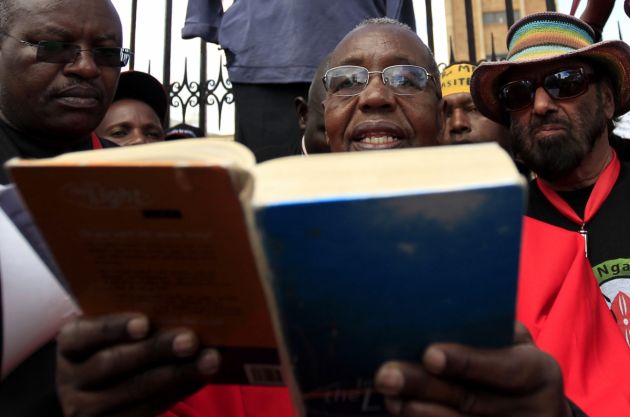Over half the world's languages missing out on a Bible in their own tongue

Some 57 percent of the language groups in use around the world today are still without their own translation of the Bible, according to the American Bible Society's State of the Bible 2015 report.
The research was carried out in partnership with Barna Group and released last Tuesday.
The report highlighted the prevailing lack of awareness among Americans of the extent of Bible poverty around the world.
Joint research by the organizations revealed that nearly two thirds of Americans thought the Bible was already available in all the world's languages.
And while an overwhelming majority of Americans - some 98 percent - believe people should have access to the Bible, the supply of Bible translations remains woefully short of demand.
There are nearly 7,000 languages in use in the world today but the report reveals that less than half of these have a "completed Bible" or even a completed Bible portion.
In reality, only around a quarter of actively used languages - 26 percent - have completed segments of translated text, and nearly a third - 31 percent - are yet to have a single verse translated in their tongue.
By contrast, Americans are enjoying an abundance of the Word of God, with the average household in the US owning four Bibles, and nine in 10 owning at least one.
Bible translation is often carried out by skilled translators in difficult conditions. In Nigeria, for example, Bible translation group Wycliffe Associates said it was pushing ahead with Bible translation in the north of the country despite continuing deadly attacks on Christians in the region by the Boko Haram terrorist organization.
Its team there has identified some 300 languages, all without a single translated verse of the Bible.
Wycliffe CEO Bruce Smith told MNNOnline that the risk of attack was only spurring on the translators in their work.
"The desperation of the situation actually increases their motivation for getting God's Word translated because they realise that the political and religious solutions are not working," said Smith.
"They need some truth that's going to change hearts, change perspectives, in order to make any difference for the long haul."